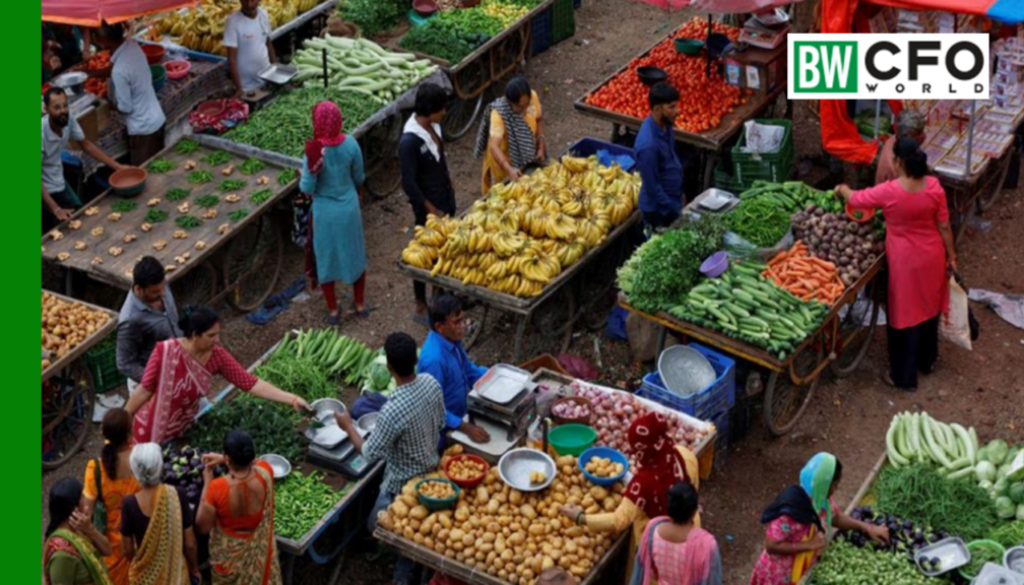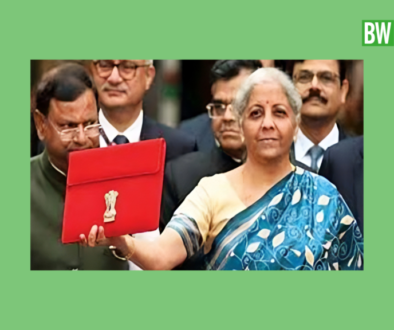Retail Inflation Slides To 5.02% In Sept, Lowest In Three-Month
Food inflation, which accounts for nearly half of the overall consumer price basket, rose 6.56 per cent in September as compared with 9.94 per cent in August
India’s retail inflation eased to 5.02 per cent from 6.83 per cent in September which is a three-month low banking on sliding vegetable prices but remained above 4 per cent, a target aimed by the Reserve Bank of India (RBI).
It is likely that RBI would like to get comfortable with inflation before easing rates. However, it came between the tolerance band of 2-6 per cent of the central bank.
Food inflation, which accounts for nearly half of the overall consumer price basket, rose 6.56 per cent in September as compared with 9.94 per cent in August.
RBI earlier this month kept its key lending rate steady for a fourth consecutive policy meeting and emphatically reiterated that it is targeting inflation of 4 per cent and a print of below 6 per cent may not suffice as a condition for easing rates.
Vegetable prices were the key driver in keeping inflation elevated in the previous two months, forcing the government to ban some exports of rice and raise duties for onions.
Vegetable inflation sharply eased to 3.39 per cent in September from 26.14 per cent in the previous month. Cereal inflation in September eased to 10.95 per cent from 11.85 per cent in August. India has also banned exports of wheat since last year.
Ranen Banerjee, Partner, Economic Advisory Services, PwC India expects that the policy rates to remain unchanged for quite some time – at least till Q1 of FY25 – given the inflation prints in coming months will face upward pressure risks from the possible lower farm outputs owing to uneven rain experienced during monsoons.
Global crude prices remaining elevated owing to production cuts, Chinese impetus and geopolitical flare ups will put further pressure on the inflation front, Banejee added.
Economist at Acuité Ratings & Research, Suman Chowdhury also believes that due to El Nino phenomenon, the yield in the upcoming kharif crop may get impacted, the lower acreage and the expected decline in domestic pulses production.
It is given that the prices of pulses are on the rise with an inflation print of 16.38 per cent. Cereal inflation continues to be in double digits at 10.95 per cent YoY despite the steps taken by the government to cool down the market prices of wheat and rice.
For fintech sector, CEO and Co-founder of Biz2Credit and Biz2X, Rohit Arora said that it will to a more predictable environment for interest rates and lending conditions, setting the stage for continued growth and innovation.




